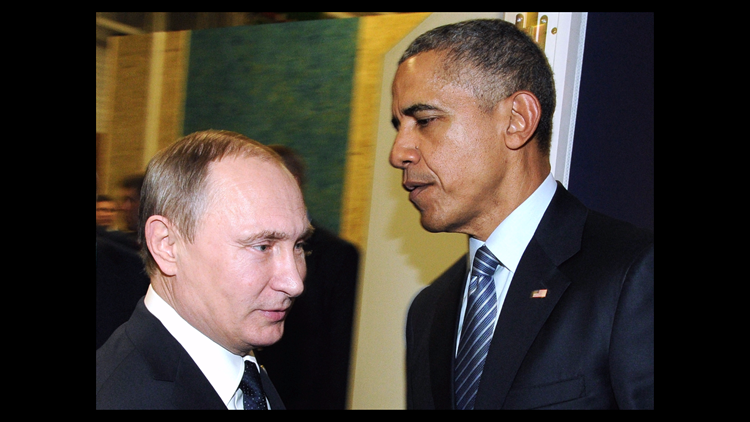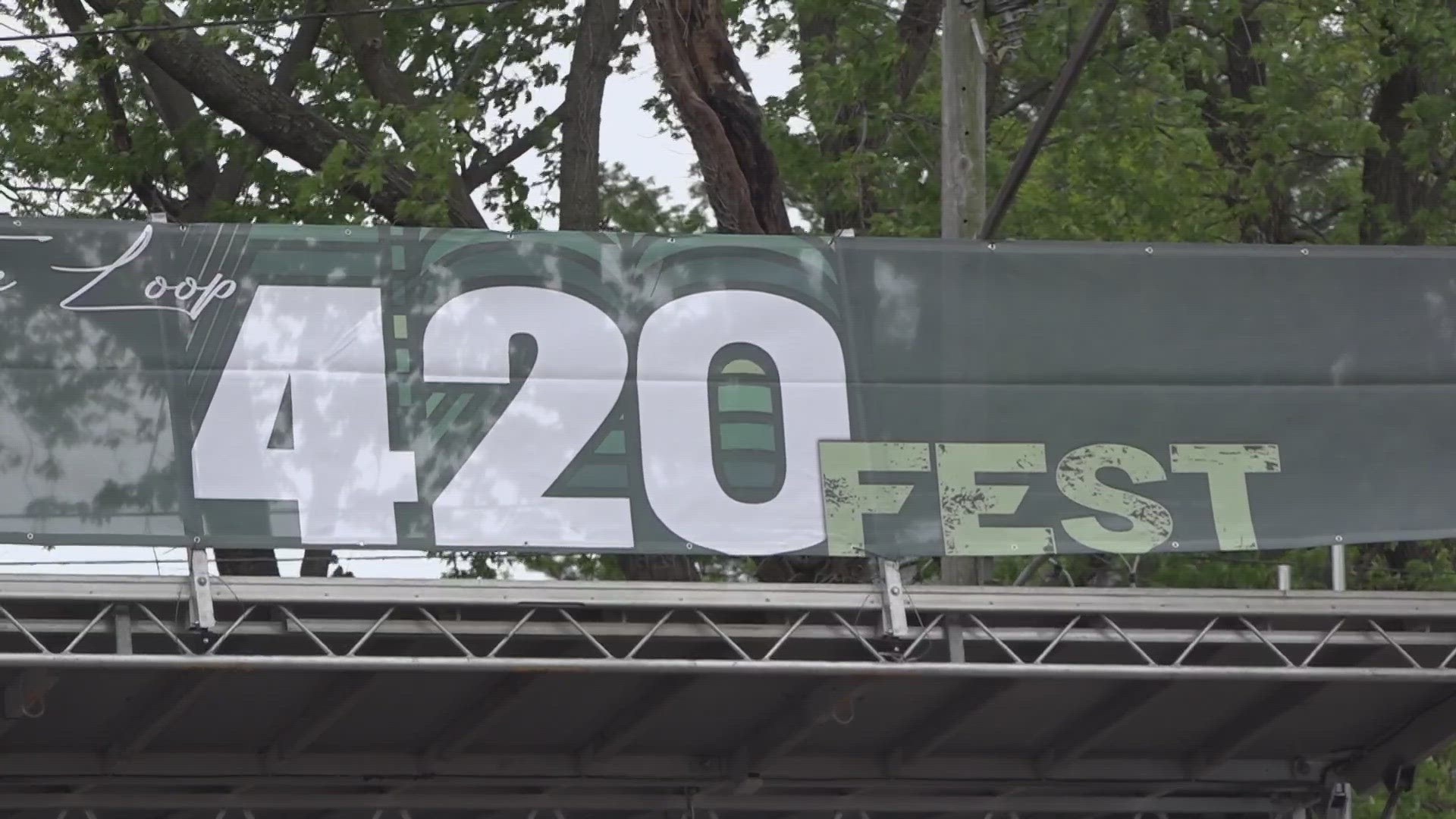Responding to evidence that Russia hacked Democratic Party officials during this year's presidential election, the Obama administration Thursday sanctioned Russian intelligence officials, expelled 35 Russian diplomats suspected of being spies, and shut down two Russian facilities in the United States.
"These actions follow repeated private and public warnings that we have issued to the Russian government, and are a necessary and appropriate response to efforts to harm U.S. interests in violation of established international norms of behavior," President Obama said in a statement, describing their efforts to interfere in the election as a threat to the democratic process.
Obama also suggested that the Russians sought to affect previous elections via cyber-espionage, and suggested that the U.S. would engage in covert retaliation activity.
The administration will soon "be providing a report to Congress in the coming days about Russia’s efforts to interfere in our election, as well as malicious cyber activity related to our election cycle in previous elections," he said.
The Russians, meanwhile, vowed retaliation of their own.
In addition, the FBI, the Department of Homeland Security, and the Director of National Intelligence issued a joint statement accusing Russia of a decade-long cyber campaign targeting American government, infrastructure, and citizens in general.
Obama signed an executive order outlining economic penalties for individuals and organizations involved in "tampering with, altering, or causing a misappropriation of information with the purpose or effect of interfering with or undermining election processes or institutions."
The sanctions affect "nine entities and individuals," Obama said: "The GRU and the FSB, two Russian intelligence services; four individual officers of the GRU; and three companies that provided material support to the GRU’s cyber operations."
They did not include Russian President Vladimir Putin, though Obama strongly suggested that he knew about the Russian hacking activity because "these data theft and disclosure activities could only have been directed by the highest levels of the Russian government."
Putin spokesman Dmitry Peskov said the Russian president will develop a response to the new U.S. sanctions, and told reporters that "there is no doubt that this adequate and mirror response will make the U.S. side feel very uncomfortable as well."
Peskov said Obama pushed forward with sanctions "to further harm Russian-American ties, which are at a low point as it is, as well as, obviously, deal a blow on the foreign policy plans of the incoming administration of the president-elect.”
The Obama administration also expelled 35 Russian intelligence operatives from the U.S. and shut down two Russian compounds, in Maryland and New York, which Obama said were "used by Russian personnel for intelligence-related purposes."
Russia is likely to respond in kind by kicking out U.S. officials from its country; the U.S. has claimed that its diplomats in Russia have been harassed for years in any case.
The Russian embassy in the United Kingdom taunted the White House on Twitter Thursday, calling the penalties "lame" and saying that "everybody ... will be glad to see the last of this hapless Adm."
Read more:
U.S.intelligence agencies have accused the Russians of getting involved in the election in order to help Donald Trump win the presidency, accusations that Putin and other Russian officials have denied. These agencies are conducting a formal investigation, and Congress is likely to conduct a probe of its own.
Obama had pledged a response earlier this month and also suggested that covert activity — including U.S. cyber activity — will be included.
"These actions are not the sum total of our response to Russia’s aggressive activities," Obama said Thursday. "We will continue to take a variety of actions at a time and place of our choosing, some of which will not be publicized."
Trump, who has questioned whether the Russians were involved in the hacking, expressed skepticism about sanctions in speaking with reporters Wednesday night.
"I think we ought to get on with our lives," Trump said, adding: "I think that computers have complicated lives very greatly — the whole age of computer has made it where nobody knows exactly what is going on."
Trump and his aides have also said that Democrats are pushing the Russian hack story as part of an effort to explain away the loss by Democratic nominee Hillary Clinton.
Read more:
Trump harped on the email releases during his campaign against Clinton, claiming they reflected favors the secretary of State and her team did for contributors to the Clinton Foundation. Clinton backers cited Trump statements that seemed to encourage the Russians to hack Clinton herself.
Leaked emails also reflected tensions within the Democratic Party. The leaks to the resignation of Democratic National Committee Chairwoman Debbie Wasserman Schultz, after emails suggested party staff favored Clinton over primary rival Bernie Sanders.
Thursday's sanctions are essentially additions of ones the Obama administration placed on Russia after it annexed the Crimea region of Ukraine.
In announcing the hacking sanctions, Obama said: "In addition to holding Russia accountable for what it has done, the United States and friends and allies around the world must work together to oppose Russia’s efforts to undermine established international norms of behavior, and interfere with democratic governance."
Lawmakers generally applauded the sanctions but said more punishment may be necessary.
Some Republicans called the penalties overdue and attributed the hacking flap to failed diplomacy by the Obama administration.
"It is an appropriate way to end eight years of failed policy with Russia," said House Speaker Paul Ryan, R-Wis.
A pair of Republican senators — John McCain of Arizona and Lindsey Graham of South Carolina — described the penalties as "a small price for Russia to pay for its brazen attack on American democracy," and said they "intend to lead the effort in the new Congress to impose stronger sanctions on Russia.”
Democrats, meanwhile, warned the incoming Trump administration against tampering with the sanctions.
Incoming Senate Minority Leader Charles Schumer, D-N.Y., said members of Trump's team have been "far too close to Russia," and he hopes they "won’t think for one second about weakening these new sanctions or our existing regime."
He added: "Both parties ought to be united in standing up to Russian interference in our elections."



